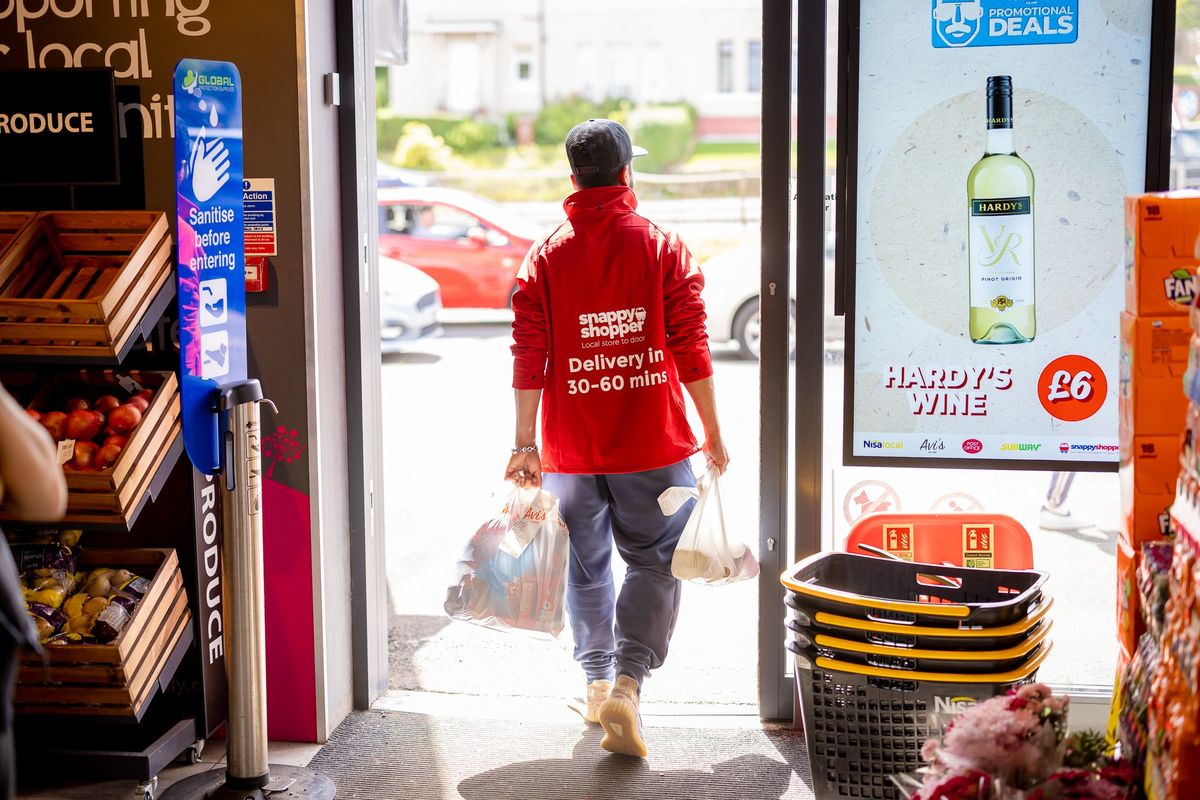Snappy Shopper has teamed up with ITS, one of the UK’s leading EPOS suppliers, to integrate its technology with Snappy Shopper retailers, as part of the latest efforts from the delivery app in its continued efforts to aid its retailers’ growth.
Following on from similar partnering integrations, this new relationship is born out of Snappy Shopper’s desire to give its retailers the most cutting-edge tools and data to achieve quicker deliveries and control a bigger and more relevant store range to aid improved basket spend and all-round store efficiency. This is achieved by ITS’s ability to offer retailers real-time stock checking, pricing and sales updates to reduce retailer time spent on administrative tasks which will in turn, free up hours to deliver a better customer experience to drive repeat orders and store loyalty.
ITS’s readily available information on other areas of key data such as individual product performance, deals and promotions, as well as the above, means retailers are in complete control of exactly how their store is performing and can provide customers with the products they know they need.
“ITS has long been recognised as one of the leading EPOS providers and thought leaders to act upon data insights," said Mike Callachan, Founder and Chief Executive Officer at Snappy Shopper. "Our shared mindset highlights our commitment to local retailers by providing them with an incredibly powerful platform service that allows them to maximise both their in-store performance as well as their customers’ online shopping behaviours. This collaboration represents another significant step forward for the Snappy Shopper marketplace as we continue to focus and build upon our convenience and high street retail footprint.”
Tanveer Mirza, MD at ITS said: “Our partnership with Snappy Shopper is a major development within delivery in convenience and will undoubtedly make a real difference to our mutual customers. Many of our symbol store customers use our software in their physical stores already, but to be able to provide them with data on their digital performance is an additional way for them to see their business grow.”


